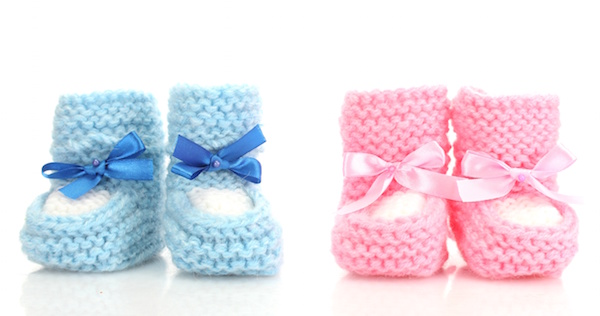
MONDAY, Dec. 7 (HealthDay News) — Children born to mothers exposed to microbes during pregnancy may be less likely to develop allergies, German researchers say.
They found that pregnant mice exposed to inhaled barnyard microbes gave birth to allergy-resistant offspring. The microbe exposure triggered a mild inflammatory response in the mothers. This response was characterized by increased expression of microbe-sensing Toll-like receptors (TLRs) and the production of immune molecules called cytokines.
The study was published online Dec. 7 in the Journal of Experimental Medicine.
The researchers said the mothers’ TLRs are essential for transmitting allergy protection to their offspring, but it’s not known how the TLR signals translate into allergy resistance in the mice pups.
In addition, further investigation is needed to determine whether this mother-to-offspring protection applies to a wide range of allergens, including those found in food, said the team at the Phillips-University of Marburg.
Previous research has shown that children raised on farms — which teem with environmental microbes — develop fewer allergies than those raised in cities or in non-farming rural areas. One theory is that early-life exposure to microbes conditions a young child’s developing immune system to tolerate microbes and allergens later in life.
But it may not be a child’s exposure to microbes that protects against allergies. Studies have found that children of farming mothers are also less susceptible to allergies, regardless of the child’s own exposure to microbes. This new study reveals a biological mechanism that helps explain this phenomenon.
More information
The Asthma and Allergy Foundation of America has more about allergies.

